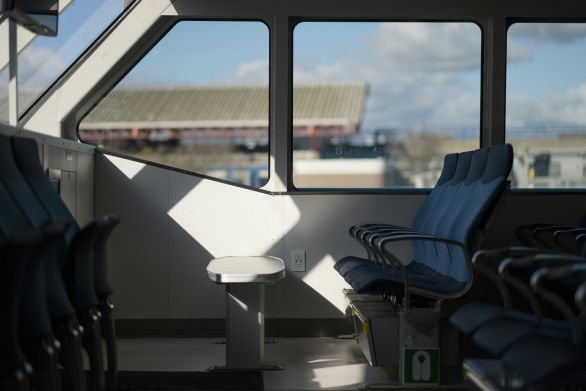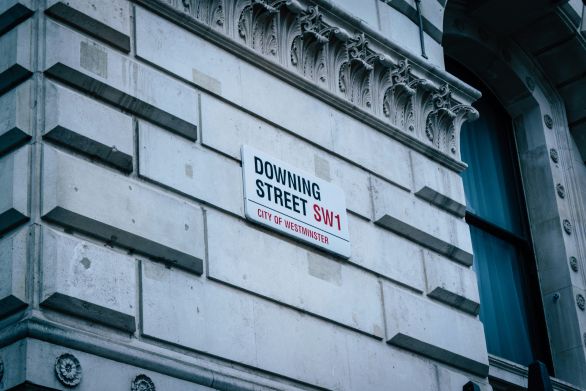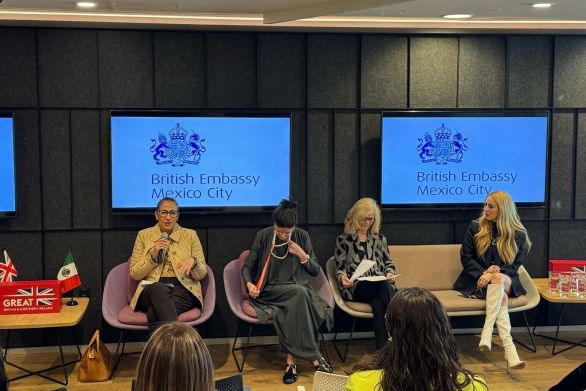In 2013, Boris Johnson, the Mayor of London, announced the mini-Holland programme, which would make £100m available for outer London boroughs to bid for. The programme’s aim was to enable a transformation in cycling in outer London, making it as cycle-friendly as the Netherlands.
The Royal Borough of Kingston upon Thames already had the second highest cycling mode share in outer London, but further growth in cycling was limited by gaps in existing cycle facilities across Kingston. With significant population growth expected in the borough, there will be additional pressure on the local transport network. The borough saw the potential for the mini-Holland funding to unlock cycling potential through the implementation of significant cycle infrastructure improvements, while also supporting its aspirations for growth.
Bidding for a share of £100m
Steer Davies Gleave was appointed in 2013 to work with the borough to prepare its Expression of Interest and subsequent bid for a share of the mini-Holland funding. We developed an innovative package of schemes that would encourage people of all ages and backgrounds to cycle more often. The three main elements were:
- Landmark schemes: Major initiatives to significantly improve connectivity by tackling infrastructure gaps, including a new cycle-only ‘boardwalk’ along the river.
- Network schemes: A network of high-quality on-road cycle routes providing links between key parts of the borough, segregated from other traffic where possible.
- Supporting measures: A range of complementary measures to support the infrastructure projects, such as travel behaviour change measures and cycle training.
Steer Davies Gleave worked closely with the borough to develop design proposals, technical documentation and costings, in order to demonstrate the credibility of the schemes. In parallel, we helped the borough build support from local stakeholders, including politicians, local businesses, Kingston University and the local cycling campaign group. We also prepared a number of scheme visualisations, which generated significant media interest and positive momentum.
We provided strategic advice to the borough’s team throughout the process, and were responsible for compiling comprehensive bid documents to present a compelling case for funding.
Read more in our case study, 'Innovative designs for new cycling infrastructure in Kingston'
Success and delivery
In 2014 it was announced that Kingston’s bid was successful in securing over £30 million of funding. Since then, Steer Davies Gleave has continued to work with the borough to progress the proposed schemes towards implementation. These tasks have included:
- Preparing an outline business case for Kingston’s mini-Holland programme, which clearly articulates its significant benefits, with an expected benefit-cost ratio (BCR) of between 2.5:1 and 5.2:1;
- Progressing the required traffic assessment work to ensure that a holistic approach, which considers all road users, is taken in the implementation of the projects; and
- Scoping the complementary measures element of the programme, by developing a strategic case and providing supporting evidence.
The schemes will need to be delivered by 2018, and we are continuing to work with the borough to achieve this goal and realise the promised benefits of the mini-Holland programme.











